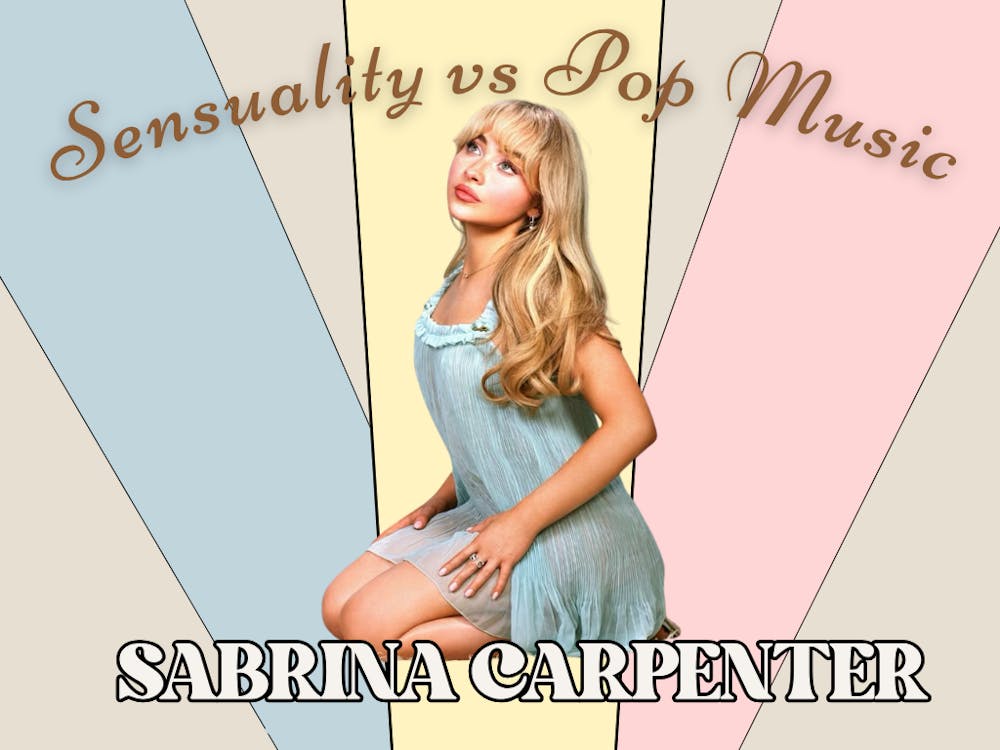On March 24, producer Brett Ratner ("The Revenant," "Prison Break") made a statement that caused major waves in the film community: "The worst thing that we have in today's movie culture is Rotten Tomatoes . . . I think it's the destruction of our business." With this accusation, Ratner certainly means to target the crux of our current film culture, but amidst all the negative responses, one has to wonder: Is he right?
Rotten Tomatoes exists as a self-analytical TV and movie guide, something that tells you not only what's on but also what's worth seeing and, perhaps more importantly, what's not worth your money. Being an aggregate site, its main purpose is to compile every "major review" (from the top 100 print or online publications with a high level of traffic) and assign a number to represent the percentage of positive reviews.
The "Tomatometer" is misleading, however; the number assigned by the website is not the average score of each review, but rather the percentage of positive reviews, with "positive" defined by the website as 60 percent or so. It's designed this way so that one majorly opinionated reviewer can't completely tank the average score of a given film, but sometimes it works against itself.
Middle-of-the-pack films -- the Nicholas Sparks rom-coms, the buddy cop adventures, the jump scare-packed horror flicks -- take a huge gamble on this system. Just one too many negative ratings can cause a perfectly acceptable flick to drop below 59 percent and lose hold of the coveted "Fresh" status. On the other hand, if a film were to hypothetically get straight 60 percents across the board, it would achieve a 100 percent rating on the site and reap the profits that benefit so many major award-season flicks.
These simply "meh" movies, and even bad films for that matter, teach us more than the good ones; they force us to ask, "what could they have done better?" or even "why don't I like this?" Sometimes they aren't even purely terrible and offer a completely different perspective. Think of all the bad movies that you love, by the respects of the Tomatometer -- "Home Alone," "Space Jam," "National Treasure" or even "The Boondock Saints."
This Tomatometer system is also dangerous because it devalues personal opinion and construes potentially controversial films as "Rotten" rather than something that you should see and develop a take on. In this mindset, there is no purpose in having an independent thought on any given subject, and it replaces the subjective nature of film with an objective decree of quality.
Many a moviegoer likes to counter these criticisms with a simple retort: "Well, maybe Hollywood should just make better movies." This makes sense in theory, but the business side of Hollywood studios loses net millions on "good movies." This is blatant when you look at how "Batman v Superman: Dawn of Justice," a film with a 27 percent on Rotten Tomatoes, managed to gross $440 million, more than any of the nine 2017 Best Picture nominees.
Likewise, it's absolutely impossible to only make "good movies:" There's always a worst movie in theaters, the same way that there will always be a worst thing in the fridge, even if all you have is gourmet food. And, although it can be hard to rationalize, these "worsts" are just as important as the rest. Imagine if every time that you sat down to take a test, you were told all the answers. Yes, it would make life easier, but you would walk away without any gained knowledge or sense of achievement.
As horrible as it is, the film industry needs the Zack Snyder's, the Nicholas Sparks', the Adam Sandler's. In an era in which theaters struggle to fill seats for even the most respected films, we need to turn our focus not to the massively compressed opinion of one kind of person, but rather toward the way that we value individual experience and personal connection.




